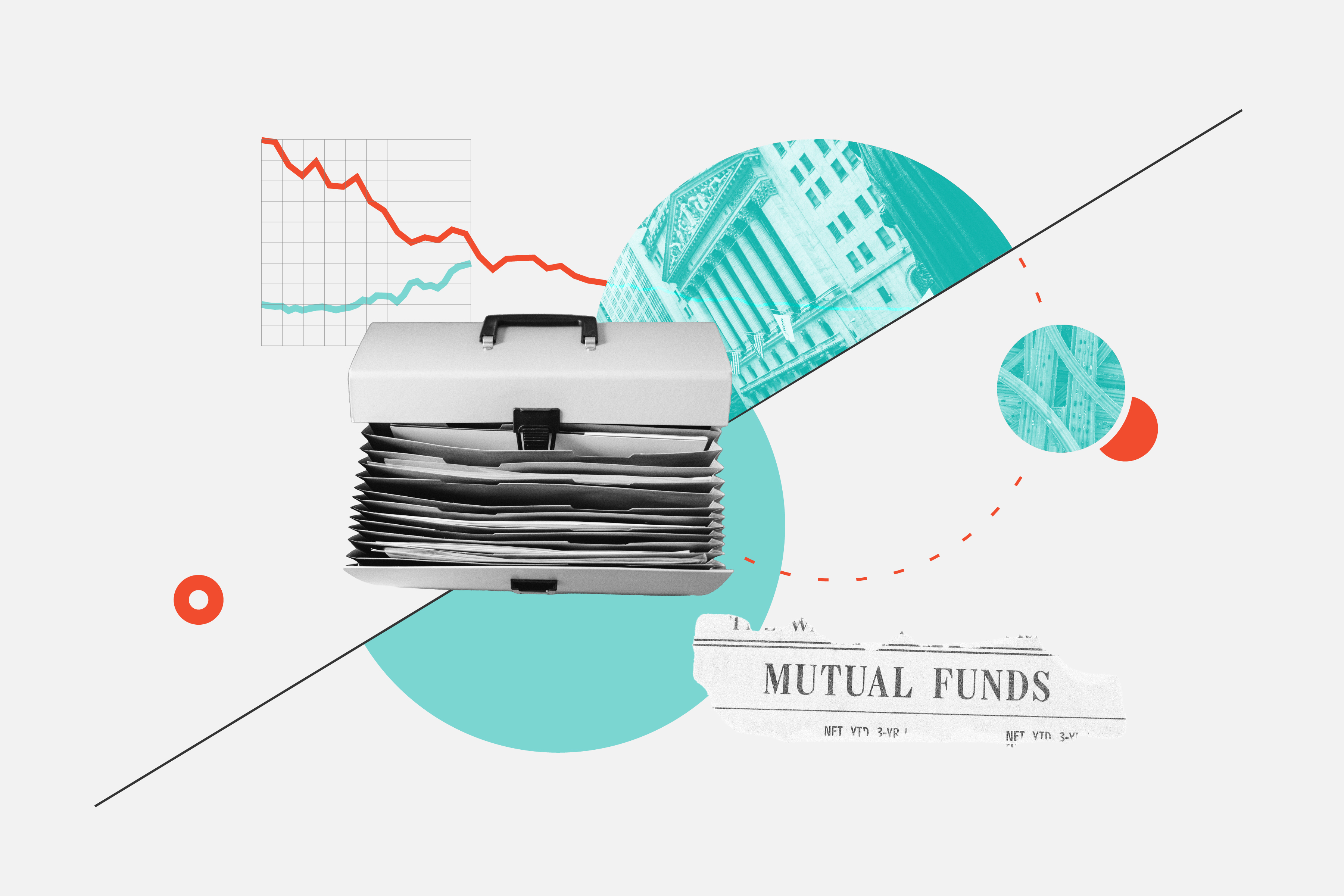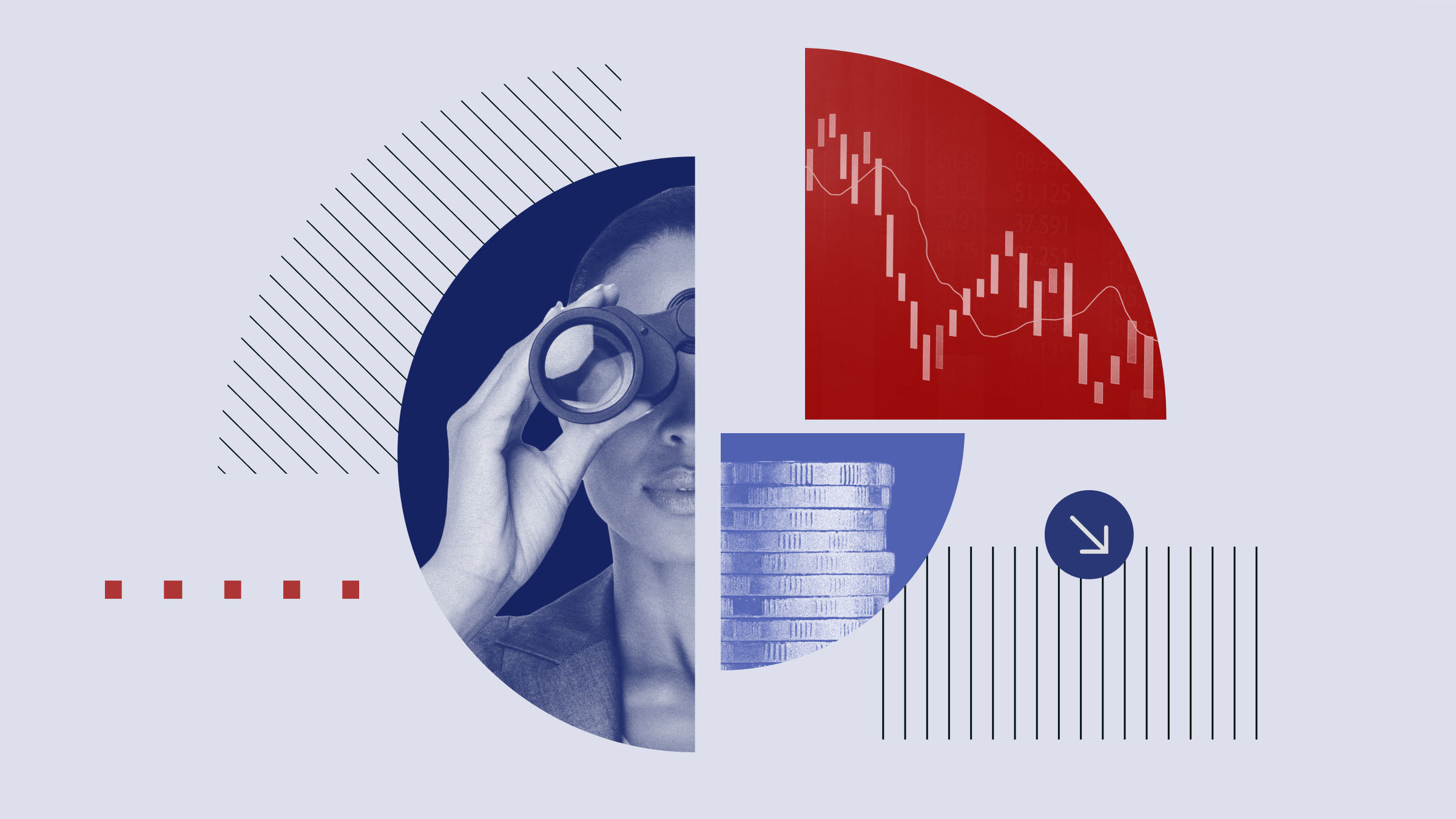The RAFI fundamental indexes are rebalanced annually in March. By rebalancing, the fundamental indexes reduce the weighting in positions that have increased in price but that have failed to improve their sales, cash flow, dividends or book value. Similarly, they will increase weighting in positions that have improved fundamentally despite their stock price remaining low. In other words, the index's annual rebalance seeks to sell high and buy low, redistributing price returns made back to those companies with the strongest fundamentals.
Under fundamental indexing, unless companies grow their cash flows, dividends, sales and book value faster than the rest of the economy, they do not receive additional weighting.
The majority of RAFI Index Models have historically outperformed traditional cap-weighted indexes with lower volatility over various periods. As an example, Research Affiliates original research found that a fundamental index portfolio outperformed a comparable cap-weighted portfolio of U.S. large company equities by over 2% annually over the 43 years tested.
In Canada, the FTSE RAFI Canada Index has outperformed the S&P/TSX 60 Index by approximately 3-4% per year since its inception. Again, past performance may not be repeated and is no guarantee of future results.















